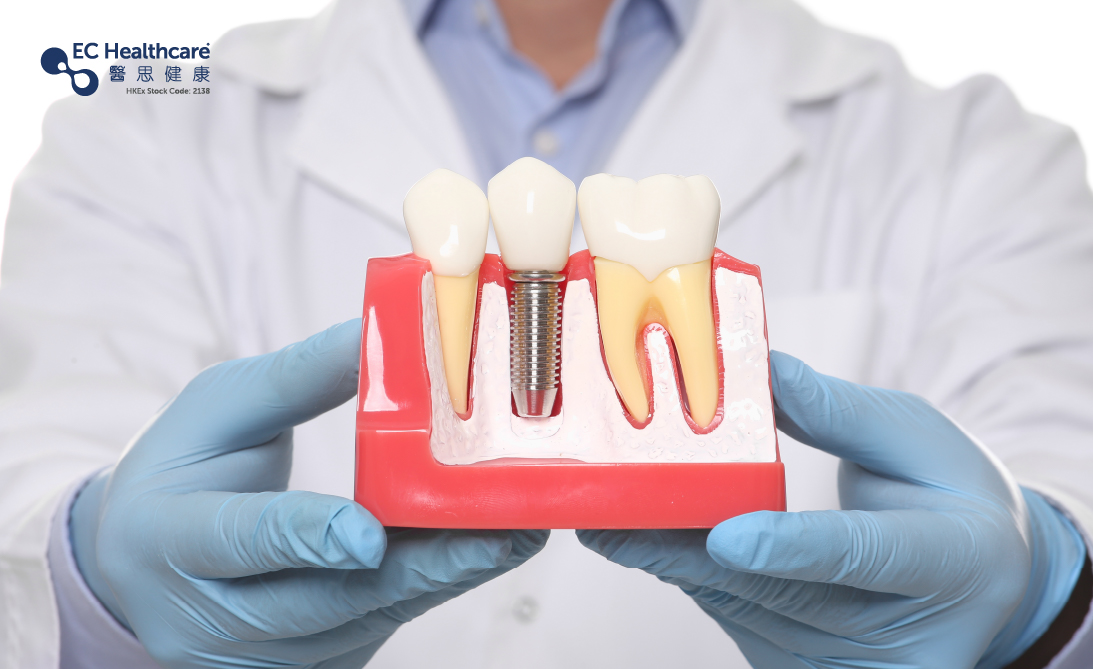Dental Implants Are Not Suitable for Everyone


Many people believe that dental implants are the best way to treat missing teeth. Its principle is to use materials such as titanium to create implants that are compatible with the human body, and then place them into the alveolar bone to provide support instead of the tooth root. Then, artificial crowns, bridges, or dentures are attached to the implants to replace the missing teeth.

Since dental implants do not require grinding down the adjacent teeth, they can help reduce bone shrinkage and maintain the thickness of the jawbone, making them as stable as real teeth. That is why they are popular among many people.
However, dental implants are not suitable for everyone. The following four types of people need to be evaluated by a dentist before considering dental implants:
1.People with severe alveolar bone loss
Elderly people experience rapid alveolar bone loss. This bone is responsible for supporting the teeth and resembles soil that provides a foundation for the teeth. If the soil is unstable, planting anything in it will not do any good, so implants cannot be placed hastily in such cases. These patients should first receive bone grafting to establish a good foundation for stable dental implants.
2.Diabetes patients
Diabetes and periodontal disease have a bidirectional relationship and they can both affect oral health. Therefore, diabetes patients are more prone to inflammation in the oral cavity. They may have higher amounts of sugar and bacteria in the oral cavity and weaker periodontal tissues to combat bacteria, therefore are more likely to have dental problems after dental implants. Patients must receive a detailed evaluation by a dentist before receiving a dental implant and pay attention to wound care after the surgery.
3.People with blood-related diseases
Some patients take anticoagulant drugs to prevent blood clots due to blood problems. However, dental implantation is a surgical procedure that often causes bleeding. The wound may not stop bleeding if patients take anticoagulant drugs, but they cannot stop the medication recklessly as well, as it may lead to other diseases. They need to be evaluated by a dentist and a specialist before considering dental implants.
4.People taking medications for osteoporosis
Teeth are also part of the bone. If patients are taking medication to treat osteoporosis, it may affect the function of osteoclasts, making it difficult for wounds to heal and increasing the risk of infection and necrosis. Therefore, they should consult with a dentist and specialist before undergoing dental implant surgery.
Dental implants are not suitable for everyone. Yet, with the advancement of medical technology, patients can also consider options other than dental implants, such as removable dentures, to restore chewing, speaking, and aesthetic functions.







